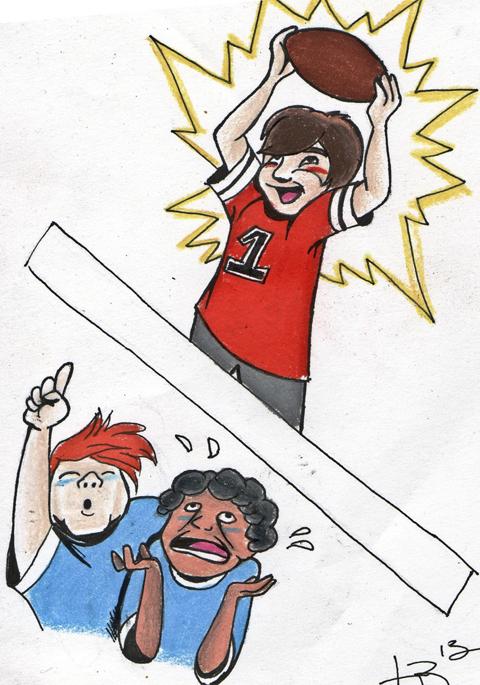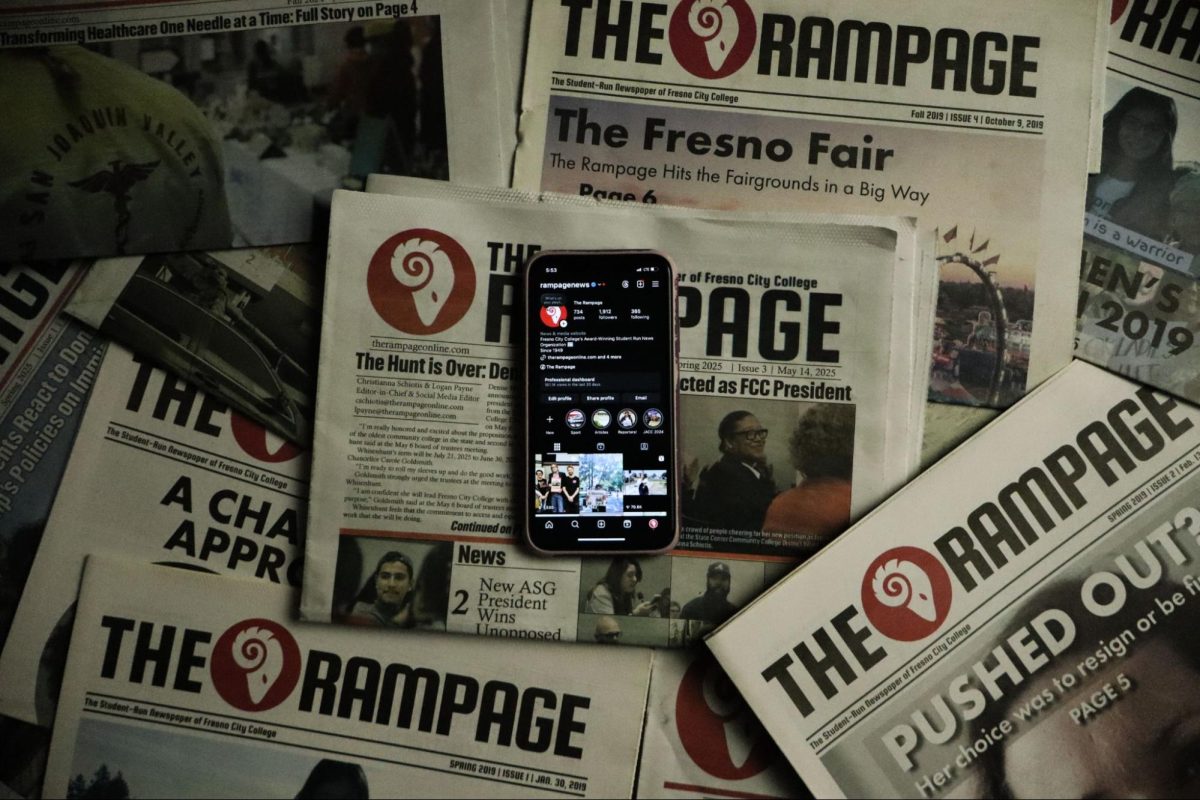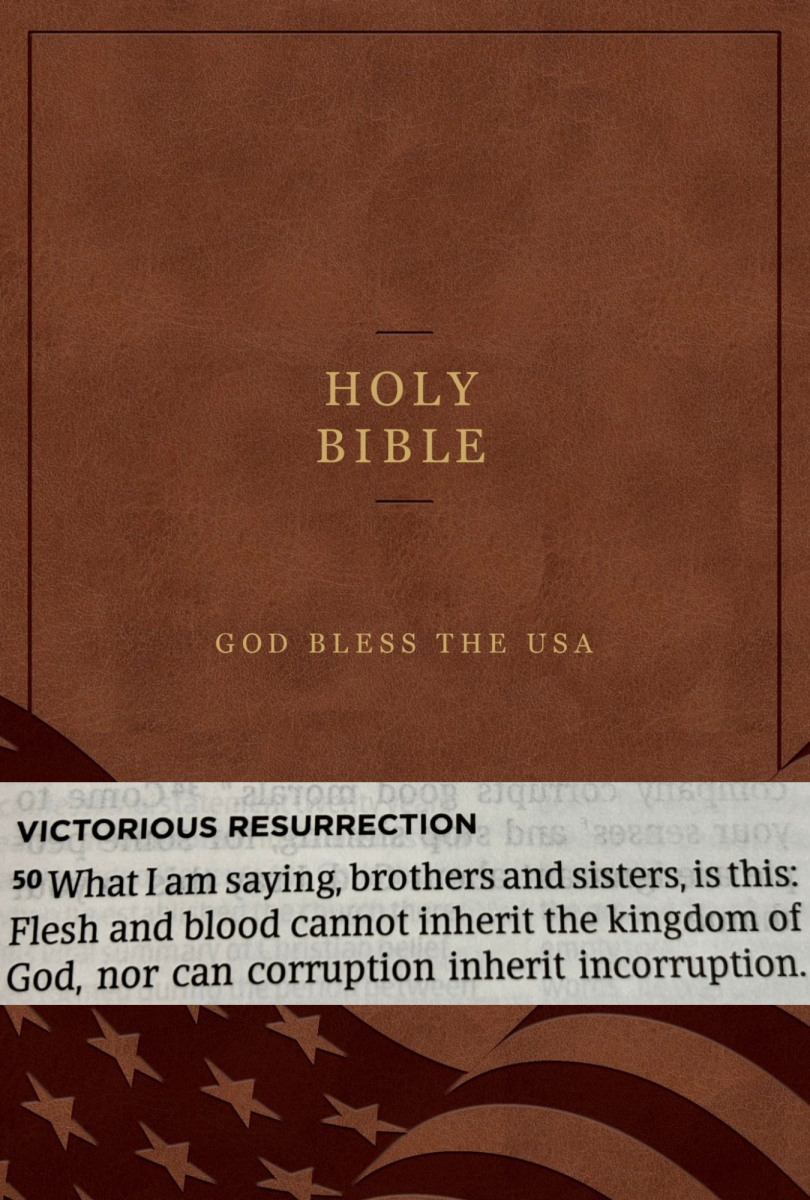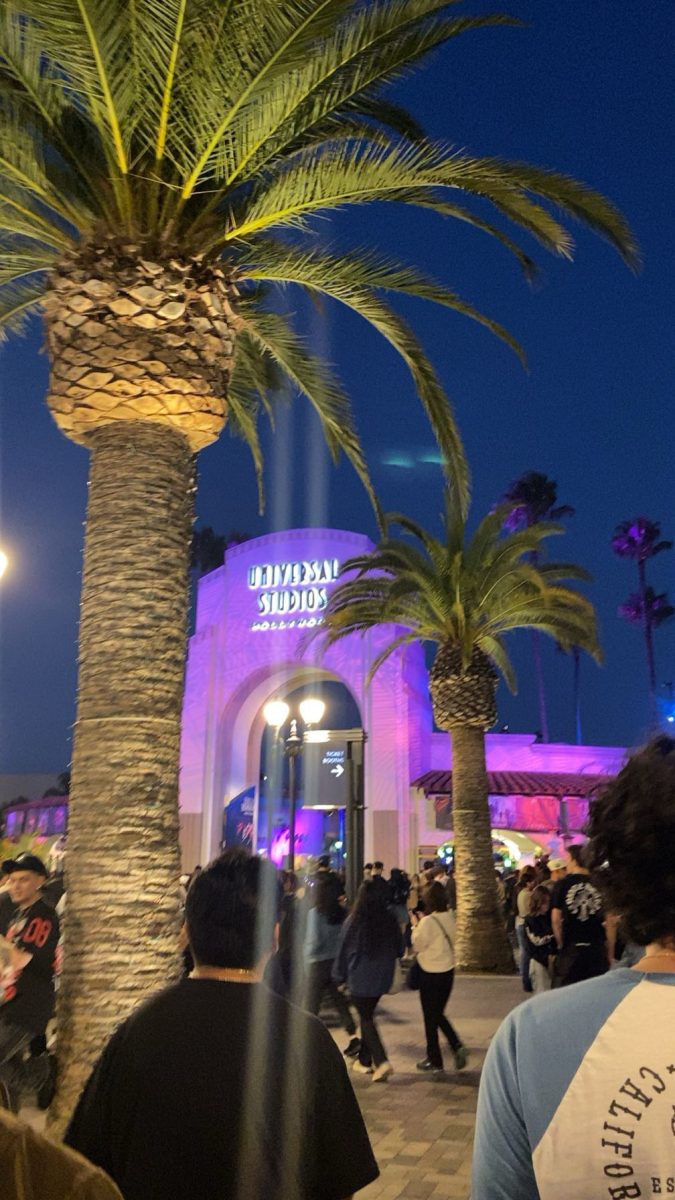In many ways, sanctioned competition fulfills cultural ideals and traditions. Consistent throughout most civilizations are those who celebrate the competitors of a particular era. Naturally, spectacles like this are tremendously popular.
There is nothing wrong with participating in cultural frivolity, including the worship of sports franchises and athletes. Doing so can contribute to a well-diversified social identity. However, it can also reflect an unsophisticated and narrow framework of unfulfilled potential.
According to the NFL, approximately 40 million viewers watched the 49ers pick apart the Falcons while 47.7 million viewers witnessed the Ravens’ dismantling of the Patriots. These programs were the most watched single-channel television events since the Super Bowl last year. In fact, during 2012, excluding the London Olympic ceremonies, the top twelve most watched single-channel television programs were all NFL games.
The word, “competition” stems from the Latin word “competere,” which means “to strive together.” Football fans, although sometimes bitterly divided over which team is worth their time and energy, are adhering to the same rules and striving for the same outcome.
Competition in this sense can be applied to politics, the most neglected and misunderstood component of our democratic identity. Instead of Americans following their local, state and national representatives to honestly and accurately assess the inner workings of their government, our willing ignorance permits individuals with narcissistic tendencies to celebrate unqualified political figures; who seek to undermine the ambitions and interests of that supporter.
During his 2000 presidential campaign, Green Party candidate Ralph Nader famously explained that if the American voter studied and followed politics with the same passion that they did with sports, this would be an entirely different landscape.
There is a profound disconnect between our awareness of unsubstantial sports trivia, such as the Harbaugh brothers coaching head-to-head at the Superbowl this Sunday, and our understanding of the voting records of those we elect with our conviction to public office.
With the depth of knowledge that diehard sports and entertainment fans routinely recall from the recesses of their minds, it’s clear that we are intellectually capable of sowing the seeds of political change. Instead, to the certain shame of our ancestors, we reveal our behavioral ineptitudes by walking the path of least resistance.
The history of man’s progress throughout the centuries implies that we place an emphasis on the development of preferable human characteristics whilst committing ourselves to the suppression of our animalistic tendencies. As perpetual successors of primitivism and savagery, we cannot place the diversity of our cultural identity on the sideline to deteriorate. The glory of sports and the accomplishments of our entertainment idols are temporary opiates.
What is clear is that in the face of democratic apathy, the study and worship of sports is something of a mockery of the struggles, studies and sacrifices of our forebears.
So long as our culture fails to comprehend the nature of the political process and dedicates most of our time and passion toward sports and entertainment, then this disproportion of our focus will stand as an incitement of our collective powerlessness.
As citizens of a republic, there are consequences to the apathetic and dismissive attitudes that many hold toward our democratic responsibilities. There are tangible repercussions for dedicating our full time to pastimes. As social activist Ralph Nader famously stated, “Turn on to politics, or politics will turn on you.”
Surrendering the breadth of our cognitive faculties to the narrow futility of sportsmanship is not only pathetic; our inactivity holds the struggles and sacrifices of every one of our forebears in absolute contempt. Having said that, go Niners!








